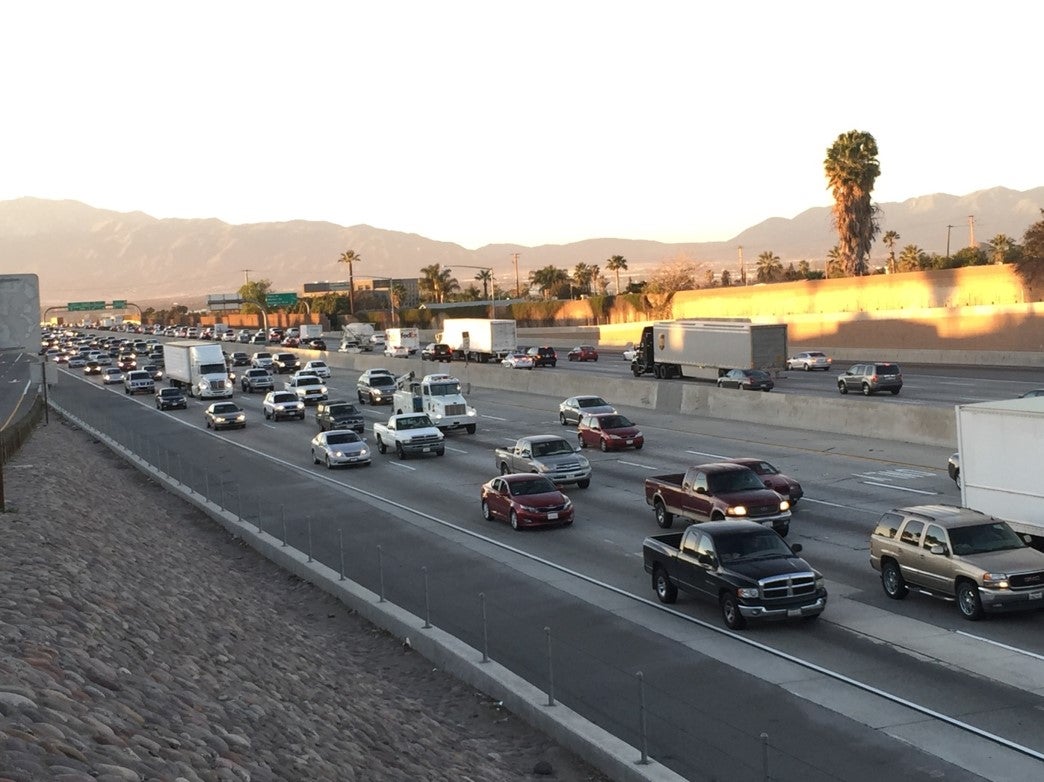What is Air Pollution?
Air pollution is a mixture of solid particles, biological molecules, or other harmful substances into the Earth's atmosphere, which causes disease, increases human fatality rate, and damages to living organisms and natural environment.
Sources of pollution:
- Dust carried by the wind.
- Methane from cattle wastes.
- Emissions from combustion of various fuels.
- Volcanic eruption.

Effects of Air pollution
- Respiratory and heart problems: Air pollutants is linked to many illnesses such as acute and chronic respiratory diseases, cardiovascular diseases, and cancer. Several million people are known to have died due to direct and indirect effects of air pollution.
- Effect on Wildlife: Toxic chemicals present in the air can force wildlife species to migrate and change their habitat. The toxic pollutants can deposit on the surface of the ocean, which affect the sea animals and microorganisms.
- Acid Rain: Nitrogen oxides and sulfur oxides produced from burning of fossil fuels can dissolve in cloud droplets, which make them acidic. When these droplets fall to the ground, they are known as a form of acid rain, which is harmful to human, animals, and crops.
- Depletion of Ozone layer: The depletion of the Earth's ozone layer is due to the presence of some air pollutants, such as chlorofluorocarbons and hydro chlorofluorocarbons in the atmosphere. The thinning of the ozone layer in the stratosphere allows harmful ultraviolet rays from the sun to reach the surface, which can cause skin and eye related health problems.